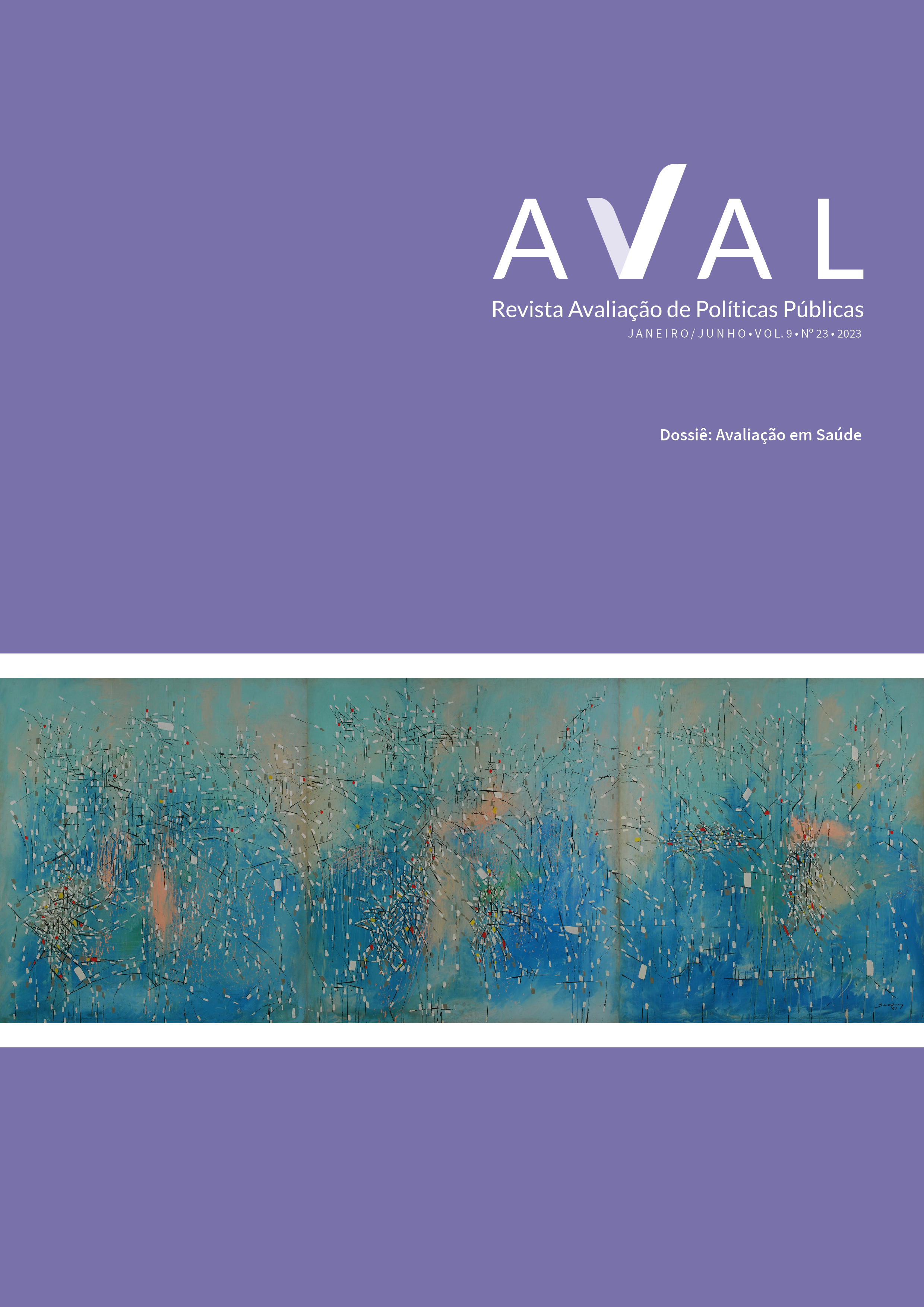Evaluation of public health policies in Brazil: overview and perspectives
Abstract
The study describes an overview of the evaluation of Public Health Policies based on a documental analysis of ministerial ordinances and a recent scope review. Of the 47 ongoing policies, 15 (32%) were submitted to scientific evaluations between 2009 and 2021; some from them were studied several times (eight, in the case of the National Primary Care Policy). In 44% of the evaluations, the typology was ‘implementation study’ (ongoing ex-post evaluations), with scarce impact evaluation studies (one), or ex-ante studies (two). As far as perspectives for the field of evaluation, the construction of a decolonial episteme was discussed, as suggested by some authors, including approaches to human rights and intersectionality of gender and race. It is important to face the challenge of addressing structural racism and other forms of oppression and exclusion, adopting evaluation methodologies that include more involvement and qualified listening to those who experience oppression.


